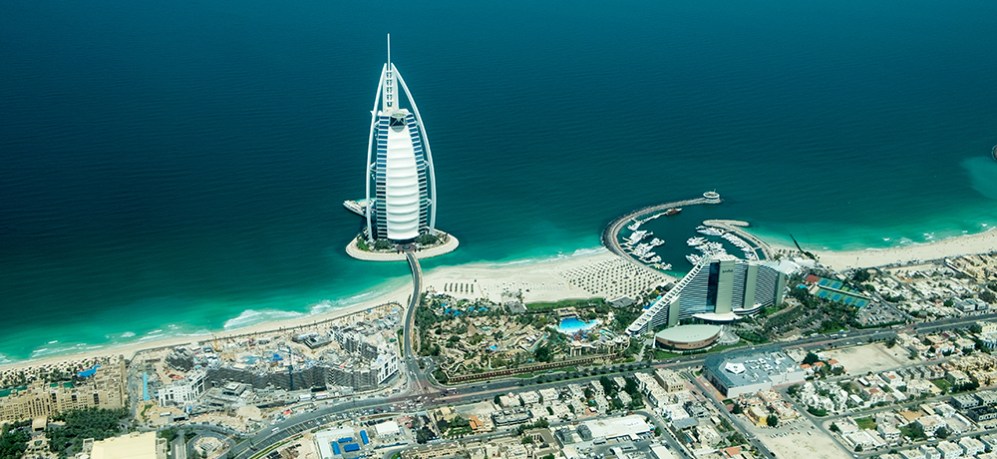UAE Bank Accounts Now Support Bitcoin and Ethereum Transactions
31.07.2024 17:00 1 min. read Alexander Stefanov
Crypto exchange M2 has introduced a new feature that enables residents of the United Arab Emirates to directly trade Bitcoin and Ethereum using their local bank accounts.
This integration allows users to convert UAE dirhams into Bitcoin and Ethereum and vice versa through M2’s platform. Additionally, users can deposit and withdraw dirhams, streamlining the process of buying and selling digital assets.
M2’s CEO, Stefan Kimmel, described this update as a key milestone in enhancing the accessibility of cryptocurrencies in the region.
He highlighted that this move aligns with M2’s efforts to simplify the interaction between traditional banking and digital assets, all while adhering to the UAE’s rigorous regulatory standards.
READ MORE:

Crypto Expert Predicts Major Bitcoin Upswing
The exchange, which is licensed by the Financial Services Regulatory Authority in Abu Dhabi, began this new phase of operations on August 16, 2023.
The licensing ensures that M2 meets the high security and transparency requirements set by UAE regulators.
-
1
Trump’s Two big Bitcoin Moves: Key Catalysts or Just Noise for BTC Price?
08.07.2025 7:30 2 min. read -
2
Speculation Surges as Binance BTC Futures Volume Tops $650 Trillion
04.07.2025 17:37 2 min. read -
3
Bitcoin Market Stalls as Profit-Taking, Whale Dispersal, and Sideways Action Define the Cycle
01.07.2025 20:00 3 min. read -
4
Which Is the Next Bitcoin Price Target?
06.07.2025 20:00 2 min. read -
5
Dollar Weakness Signals Major Bitcoin Move Ahead, Data Suggests
09.07.2025 21:00 2 min. read
BitGo Files Confidentially for IPO With SEC
BitGo Holdings, Inc. has taken a key step toward becoming a publicly traded company by confidentially submitting a draft registration statement on Form S-1 to the U.S. Securities and Exchange Commission (SEC).
Public Companies Now hold Over $100 Billion in Bitcoin — 4% of Total Supply
According to new data shared by Bitcoin Magazine Pro, publicly traded companies now collectively hold over 844,822 BTC, valued at more than $100.5 billion, marking a historic milestone for institutional Bitcoin adoption.
Trump Media Holds $2B in Bitcoin as Crypto Plan Expands
Trump Media and Technology Group, the parent company of Truth Social, Truth+, and Truth.Fi, has officially disclosed that it now holds approximately $2 billion in Bitcoin and Bitcoin-related securities.
Crypto Greed Index Stays Elevated for 9 Days — What it Signals Next?
The crypto market continues to flash bullish signals, with the CMC Fear & Greed Index holding at 67 despite a minor pullback from yesterday.
-
1
Trump’s Two big Bitcoin Moves: Key Catalysts or Just Noise for BTC Price?
08.07.2025 7:30 2 min. read -
2
Speculation Surges as Binance BTC Futures Volume Tops $650 Trillion
04.07.2025 17:37 2 min. read -
3
Bitcoin Market Stalls as Profit-Taking, Whale Dispersal, and Sideways Action Define the Cycle
01.07.2025 20:00 3 min. read -
4
Which Is the Next Bitcoin Price Target?
06.07.2025 20:00 2 min. read -
5
Dollar Weakness Signals Major Bitcoin Move Ahead, Data Suggests
09.07.2025 21:00 2 min. read

